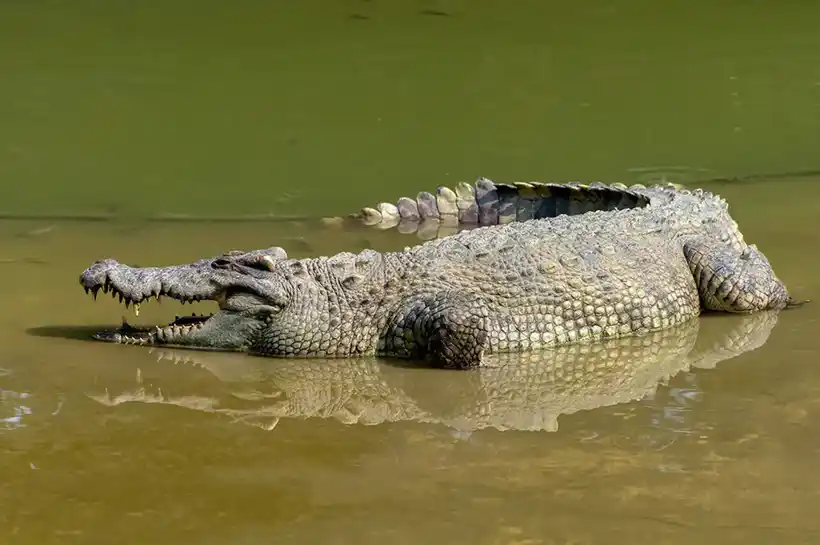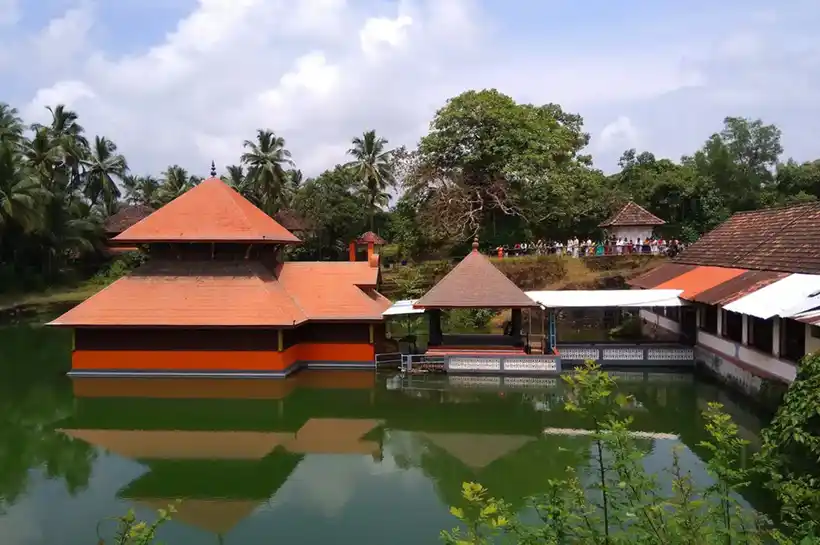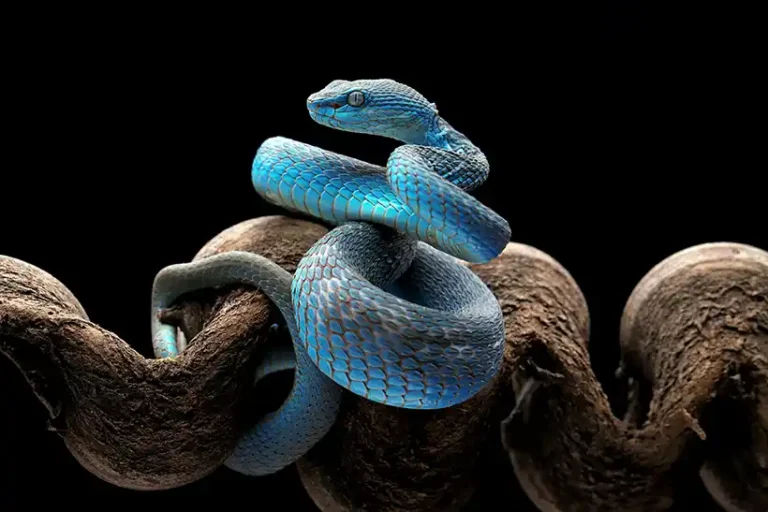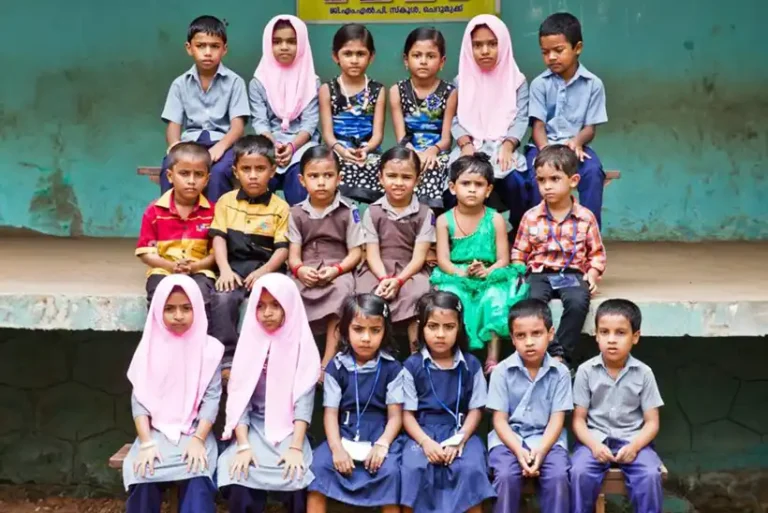
Crocodiles have powerful jaws and only eat meat as they are carnivores. Sometimes, crocodiles eat younger crocodiles. Crocodiles kill approximately 1,000 people worldwide each year. Surprisingly, there was one well-known crocodile who was vegetarian and non-violent. This is the story of the vegetarian crocodile, also known as the divine crocodile in India’s temple pond.
Sri Ananthapadmanabha Swamy Temple, also known as Ananthapura Lake Temple, is a Hindu temple located in the middle of a lake in the small village of Ananthapura. It is about 6 kilometres from the town of Kumbla in Kerala’s Kasaragod District. The crocodile named “Babiya” lived in the Anantapur lake temple and didn’t like non-veg at all. Babiya was eating only rice and jaggery served as prasad at the temple. This female vegetarian crocodile lived in the temple pond for 75 years.

Where did the vegetarian crocodile come from?
It’s said that crocodiles have been sighted in this lake for the past 150 years. However, only one crocodile is sighted at a time. If a crocodile dies, another takes its place. Nobody knows from where they come. The temple has no records that explain how the large reptile arrived at its pond. There is no river or other water body in the surrounding area. According to temple lore, a British soldier killed the last divine crocodile at the shrine in 1940s and within a few days another crocodile emerged. Later, the temple authority named the crocodile Babiya.
The “divine crocodile”
This 3,000-year-old temple in Kasaragod is dedicated to the Hindu god Vishnu. A lone “divine” crocodile has been protecting the temple for centuries. The temple is known as the moolasthanam (the original source) of the Sri Padmanabha Swamy Temple in Thiruvananthapuram.
Babiya was considered divine because it was said to have never attacked a human or another animal. Some kids accidentally fell on the crocodile in the lake once, but the reptile did not harm any of the children. Children and adults frequently approach the edge of the lake to touch the reptile and gain its blessing.
Temple authorities regarded Babiya as a “divine crocodile.” They made one of the main offerings to the crocodile called “Muthalakku Naivedyam,” which primarily consisted of boiled rice. Additionally, authorities stated that the priest provided Babiya with “Naivedyam” twice daily. They believe that Babiya was a strict vegetarian who mostly ate offerings from the temple. Despite the fact that the pond is home to several fish and turtles, the vegetarian crocodile didn’t consume them.
Demise and Funeral
People found the divine Babiya dead on the night of October 9, 2022, after the crocodile had guarded the temple for nearly eight decades. A veterinary doctor came to the temple the next morning and examined it.
Babiya was kept on public display inside a freezer. Hundreds of people paid their respects, including representatives. People placed wreaths and floral tributes on the crocodile, performing the last rites of the animal according to Hindu customs and tantric rituals. Chanting the Sahasranama, they buried the crocodile in a location suitable for future monument construction.
Temple authorities believe another crocodile will now appear in her place. That is what has been happening for centuries, and it will happen again.



